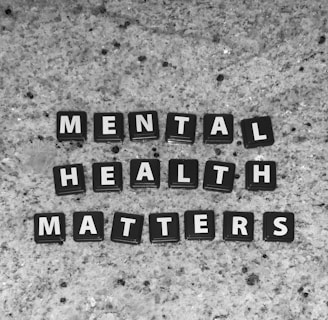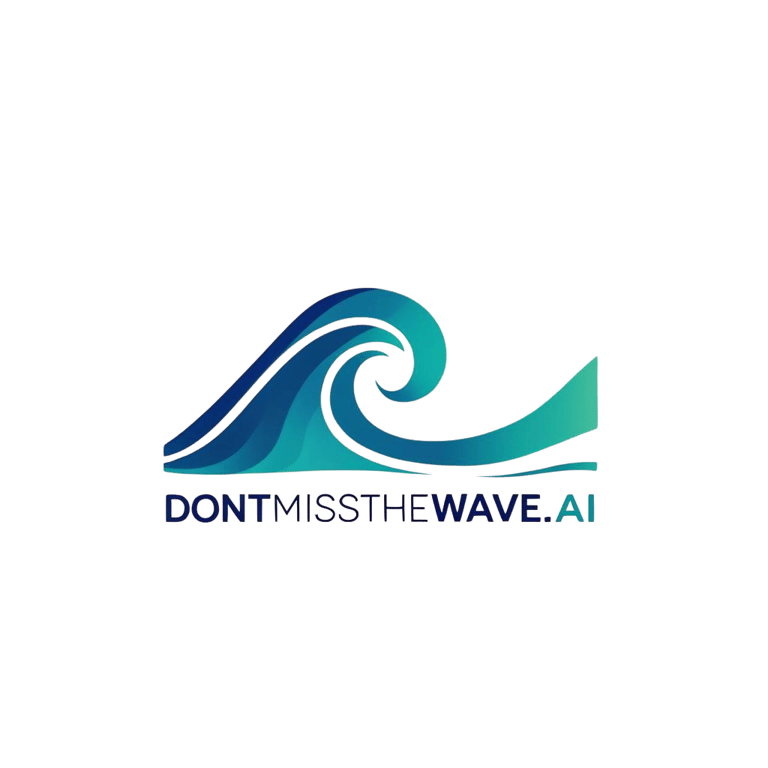AI and Screen Time: How to Stay Connected Without Losing Your Sanity
AI is powerful — but too much tech can lead to burnout, anxiety, and physical strain. Here’s how to balance your screen time, protect your mental health, and still get the most out of artificial intelligence.
7/4/20251 min read


Artificial intelligence is helping us work faster, learn better, and create more. But here’s the catch — the more we use it, the more time we spend glued to screens. And over time, that can come with real costs to our mental and physical health.
If you’re building with AI, using it daily, or just excited by the tech, here’s how to make sure you don’t burn out along the way.
🧠 Mental Health Risks of Tech Overload
Too much screen time — especially without breaks — is linked to:
Anxiety and irritability
Sleep disruption (thanks, blue light)
Reduced attention span
Mood swings and increased depression symptoms
The issue isn’t just what we consume, but how long and how often we’re wired in.
🦴 Physical Health Side Effects
Let’s not forget the body:
Eye strain and dry eyes
Back and neck pain from poor posture
Reduced physical activity
Fatigue from nonstop stimulation
AI is powerful, but your brain and body still need offline time to recover.
🛠️ How to Stay Balanced While Using AI
Use AI to reduce screen time — not increase it.
Let AI handle busywork like research, drafting, or automations, so you can step away sooner.Set screen time limits for nonessential use.
If you’re just playing with tools for fun, give yourself a timer and stick to it.Schedule “analog” breaks.
Walk. Read a real book. Lift weights. Meditate. Let your brain breathe.Use blue light filters and proper ergonomics.
Your future self will thank you — and so will your posture.
⚖️ Final Thought
AI should enhance your life — not consume it. The goal isn’t to fear technology, but to use it intentionally and keep your mind and body in the driver’s seat.
Balance isn’t just productivity advice — it’s survival in a tech-saturated world.
Don't Miss The Wave
Explore AI's benefits for everyday people today.
Contact
what's new in ai
info@dontmissthewave.com
© 2025. All rights reserved.
